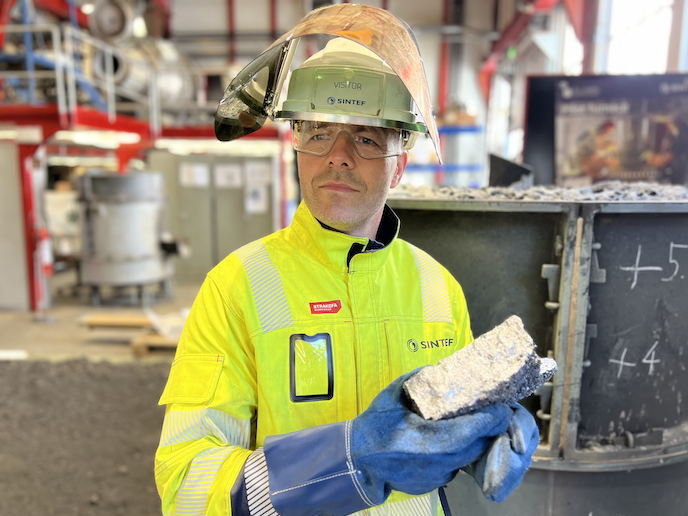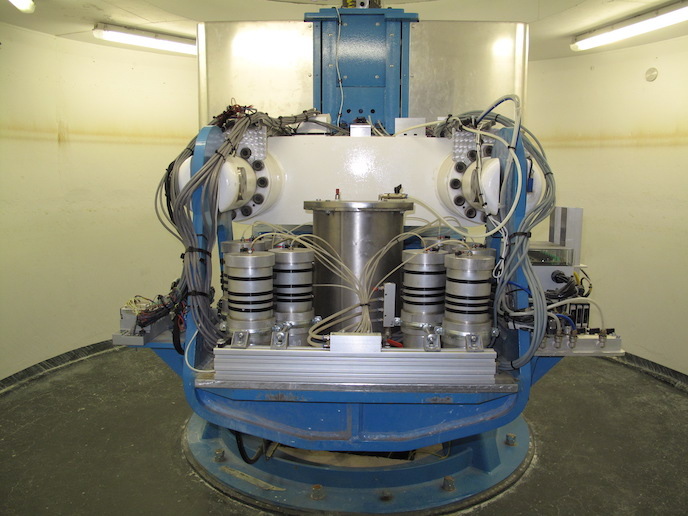Getting value from mine waste
Mining for heavy metals like zinc is a vital economic activity in the age of electronics, but has a major negative impact on the environment. Depletion of high-quality ore reserves and the need for environmentally friendly industry means that there is a demand for new technologies to recover heavy metals from mine and refinery wastes. The EU-funded 'Mining wastes bio/weathering, pollution control and monitoring' (MINPOLLCONTROL) project set out to reduce pollution from zinc mining and processing activities in Minas Gerais, Brazil. MINPOLLCONTROL started with an advanced training programme to help researchers get to grips with the multidisciplinary approach to be used for the project. Training covered geology, mineralogy, chemistry and biotechnology methods associated with mine and refinery wastes analysis and treatment. Researchers concentrated on an in-depth analysis of the mineral content of and effects of weathering on sludge and other zinc mine and refinery wastes. The project also reviewed a wide range of technologies to recycle or leach minerals from these waste sites, and proposed strategies for reuse. The major findings of MINPOLLCONTROL were summed up during an international Symposium on Mining Activities, Refineries, Pollution Control and Remediation Strategies. This work will have significant impact on the sustainability of the mining industry.







